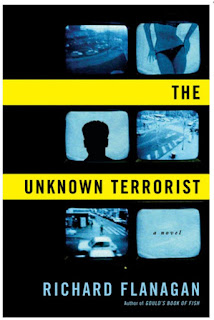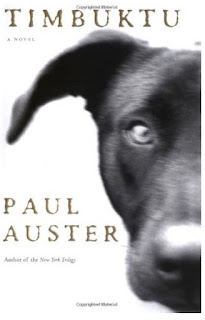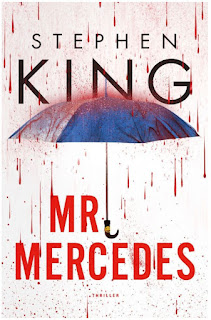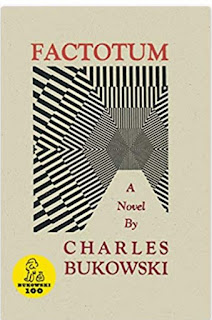Island Home

Tim Winton’s ‘landscape memoir’ indicates his central thesis: that the sense of place that is unique in Australia is what shapes him, and if we follow Winton’s logic, all of us (if only we would allow it). While the chapters are not completely sequential, he opens in County Offaly, Ireland, in 1988, and ends on Anzac Day (in what feels like a recent reflection). Most of the memoir is about Winton’s Australian life and the local landscape, though he does take us to Europe on occasion– where he feels that architecture cannot compensate for the lack of a wide sky since he ‘was calibrated differently to a European’ (p.14). For various personal reasons of my own travels, I really enjoyed the chapters that dealt directly with expatriate issues: ‘The Island Seen and Felt’, ‘Waychinicup, 1987’, and particularly the essay, ‘The Power of Place’. Winton has spoken on these matters before – that sense in which he is a writer on the wrong side of a continent on the wrong side of the hemispher...
